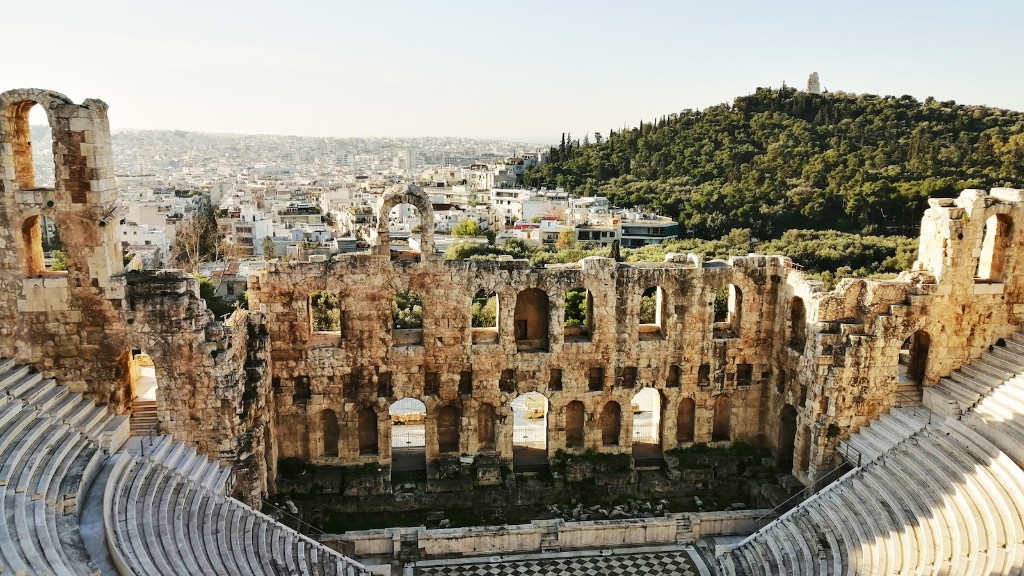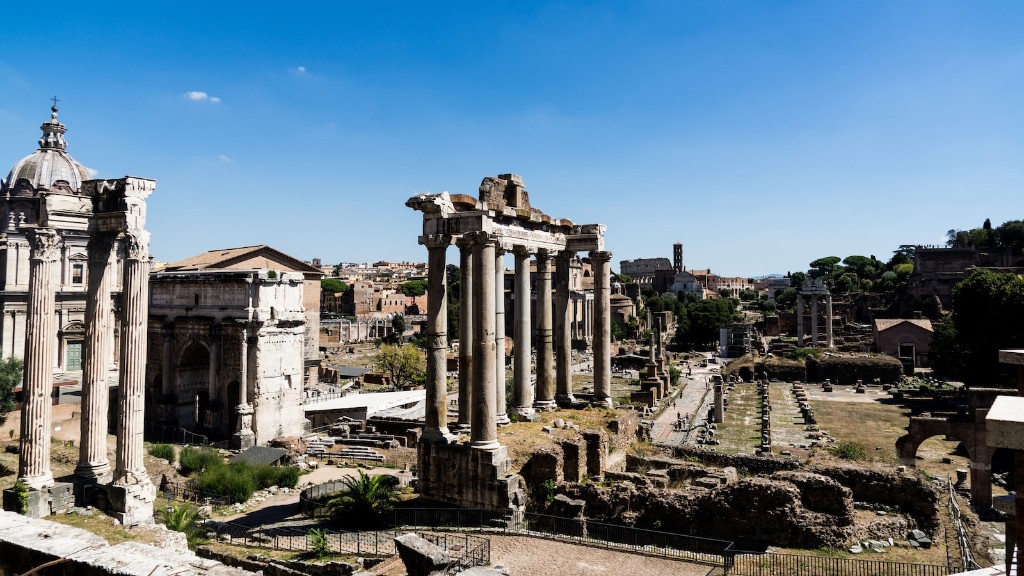Boys’ Naming Practices in Ancient Greece
In Ancient Greece, names held great significance and were considered vital in shaping a person’s identity. Naming practices varied across different city-states and time periods, but they were deeply rooted in cultural and societal traditions. In this article, we will explore how boys were named in Ancient Greece and delve into the fascinating customs and beliefs surrounding this tradition.
1. Naming Conventions
Ancient Greeks often followed a specific pattern when naming their children. A common convention involved the use of onomastics, which is the study of proper names and their origins. Names were passed down through families to honor ancestors, ensuring a sense of continuity and ancestral connection. For instance, a first-born son might be named after his paternal grandfather to honor his lineage.
1.1 Patronymics
Patronymics, where a child’s name is derived from their father’s name, were also prevalent. For example, a boy whose father was named Alexander would be named Alexandros. This practice reinforced familial ties and emphasized the father’s status in society. It also served as a form of identification within a community or city-state.
1.2 Epithets and Descriptive Names
Another aspect of naming in Ancient Greece was the use of epithets or descriptive names to capture certain qualities or aspirations. These names often reflected physical attributes, accomplishments, or desired traits for the child. For instance, a boy who exhibited strength and vigor might be given the name Herakles, invoking the legendary hero.
2. The Role of Religion and Mythology
Religion and mythology played a significant role in the naming practices of Ancient Greece. Many names were inspired by Greek gods, goddesses, and heroes. Greeks believed that by imparting a child with the name of a deity or heroic figure, they would invoke their protection and blessings.
For example, the name Apollo, associated with the god of music and prophecy, was considered auspicious and carried connotations of intelligence and artistic talent. Similarly, the name Zeus, the king of the gods, symbolized power and leadership.
3. Regional and Cultural Influences
It’s important to note that naming practices varied across different regions of Ancient Greece. Each city-state had its own unique customs and preferences when it came to names. The influence of neighboring cultures also affected naming conventions in certain regions.
In regions close to Persia, for instance, names with Persian origins became more prevalent. These names often signified connections to the Persian Empire or were used as a symbol of social status.
4. Changes Over Time
It is worth mentioning that naming practices in Ancient Greece evolved over time. While certain traditions remained constant, others changed to reflect the shifting cultural and political landscape.
During the Archaic period, names were relatively simple and focused on practical identification. However, as Greek society became more complex and stratified, names began to carry greater symbolic weight. They became a reflection of social status, family lineage, and aspirations for the child.
5. Conclusion
The naming practices of Ancient Greece were a complex tapestry of cultural, religious, and familial traditions. Through the use of onomastics, patronymics, and epithets, Greeks sought to shape their children’s identities and connect them to their rich cultural heritage.
By incorporating the names of gods and heroes into their children’s names, they aimed to invoke divine protection and blessings. These naming conventions varied across regions and changed over time, reflecting the evolving nature of Greek society.
Studying the naming practices of Ancient Greece not only provides insight into their culture but also highlights the timeless importance of names in shaping our identities and connections to the past.



